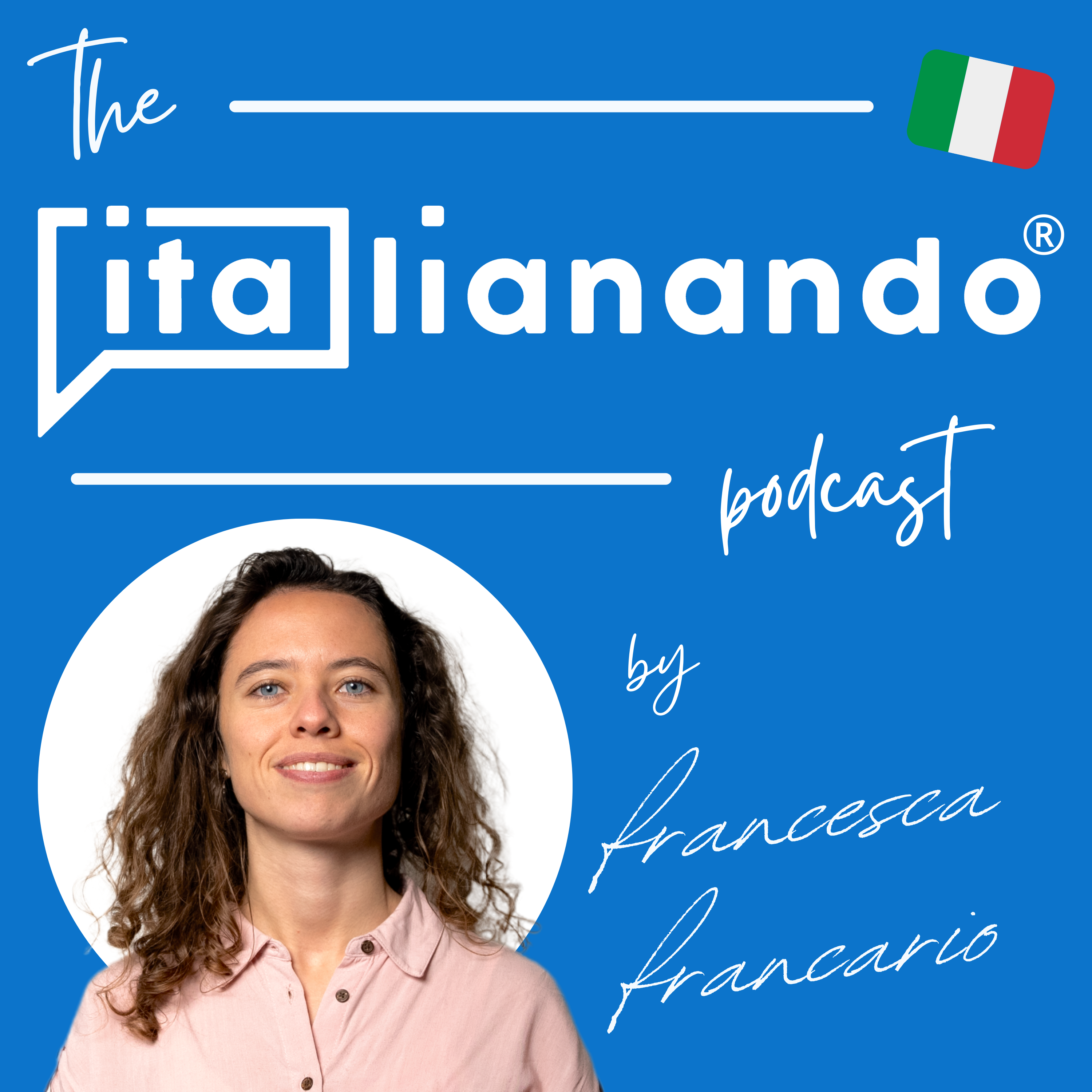What do these 5 Italian proverbs mean?
Description
The Italian word ‘proverbio’ comes from the Latin ‘proverbium’ which means, indeed, ‘word’. In Italian, as in all other languages, there are a lot, also depending on the region and the particular dialect they speak.
Let’s have a look at some of the most unusual ones and explain their meaning and origin.
Le calende greche
This expression is attributed to the Roman Emperor, Augustus when he used to refer to a payment that wasn’t going to take place.
‘Calende’ refers to the first day of every month in the Roman calendar, the day when debts and loans used to be sorted out. Greche means Greek, and In the Greek calendar, the ‘calende’ didn’t exist.
This expression is used to describe something that is never going to happen.
L’abito non fa il monaco
The origin of this goes back to the Italian historical novel ‘I Promessi Sposi’ by Alessandro Manzoni.
In chapter 19, the uncle Count (one of the characters) referring to Fra Cristofaro, who took the monastic habit despite the mistakes he had made in the past, says indeed that ‘the habit doesn’t make the monk’.
The meaning invites the reader to be wary of appearances before judging someone.
Prendere un granchio
It refers to fishing and the translation is ‘to catch a crab’.
When a crab attaches to the hook, the fisherman is convinced that he has caught something, but then he realises with disappointment that it’s only a crab.
La zona Cesarini
This is particularly known to sports people, it refers to the last 10 minutes of a game, ‘The Cesarini Area’. In 1931, the Italian-Argetininan footballer Renato Cesarini scored the decisive goal against Hungary during the last few minutes of the match.
Chi dorme non piglia pesci
The literal translation here is ‘If you sleep, you don’t catch fish’ meaning if you’re lazy, you will not get what you want.
You snooze, you lose.
These are just a handful of some Italian proverbs. Make sure to check the video too with some more common ones. Click below!
See you soon,
F
More Episodes
In questo episodio ti racconto del fine settimana passato a Pievepelago per le vacanze pasquali.
Published 05/24/24
Published 05/24/24
Vieni con me mentre passeggio e ti racconto di queste settimane! Impara parole ed espressioni nuove.
Published 04/03/24


